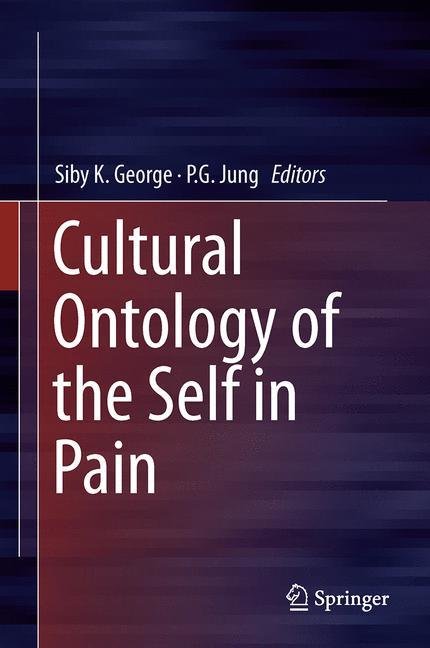The mainstream approach to the understanding of pain continues to be governed by the biomedical paradigm and the dualistic Cartesian ontology. This Volume brings together essays of scholars of literature, philosophy and history on the many enigmatic shades of pain-experience, mostly from an anti-Cartesian perspective of cultural ontology by scholars of literature, philosophy and history. A section of the essays is devoted to the socio-political dimensions of pain in the Indian context. The book offers a critical perspective on the reductive conceptions of pain and argue that non-substance ontology or cultural ontology supports a more humane and authentic understanding of pain.
The general ontological features of the self in pain and culturally imbued dimensions of pain-experience are, thus, brought together in a rare blend in this Volume. The essays dwell on the importance of understanding what cultural, social and political forces outside our control do to our pain-experience. They show why such understanding is necessary, both to humanely deal with pain, and to rectify erroneous approaches to pain-experience. They also explore the thoroughly ambivalent spaces between pain and pleasure, and the cathartic and productive dimensions of pain. The essays in this Volume investigate pain-experiences through the fresh lenses of history, gender, ethics, politics, death, illness, self-loss, torture, shame, dispossession and denial.



